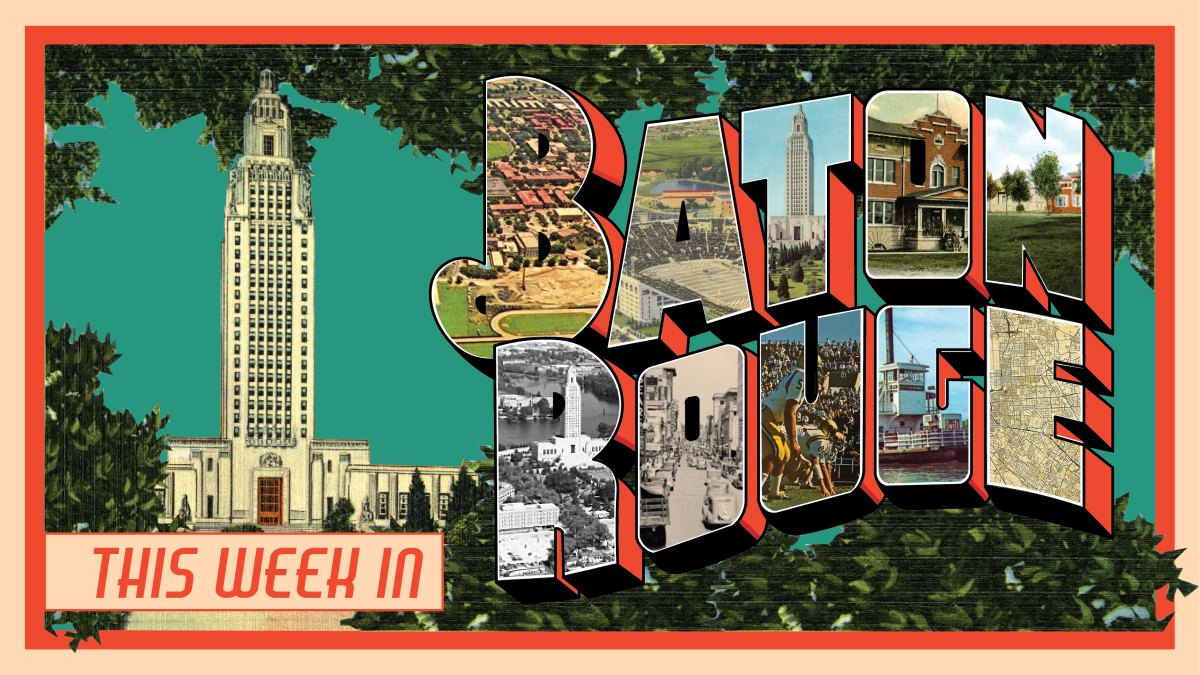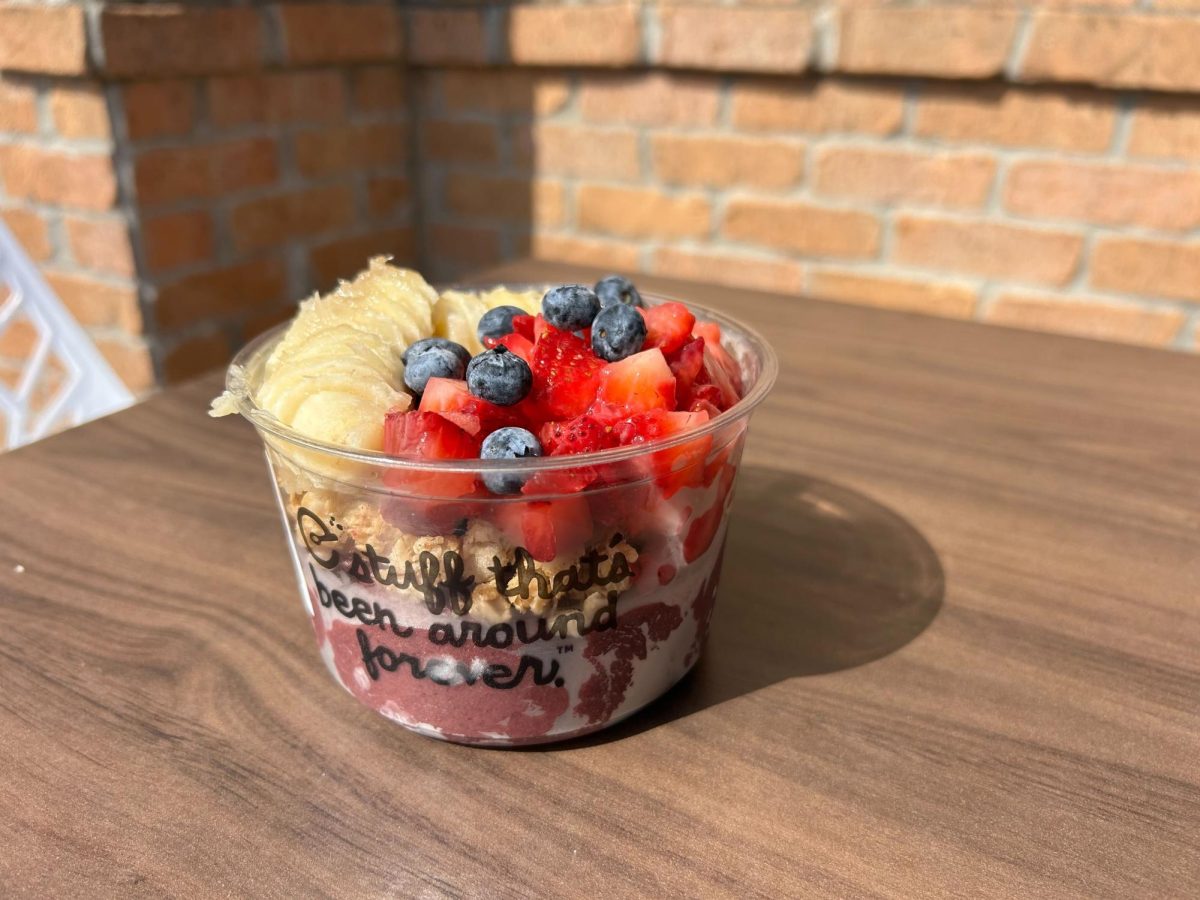Zombies have an uncanny knack for resurrection that seems to be paying off. Zombie popularity has exploded recently through books, movies, television and campus events like zombie walks. With movies like “Zombieland,” which has grossed more than $47 million since its release Oct. 2, and books like Seth Grahame-Smith’s “Pride and Prejudice and Zombies,” a spin on Jane Austen’s classic novel, the supernatural creatures experienced a boost in popularity this year.”You can use [zombies] for just about anything — they’re a really handy tool of criticism,” said Tracy Stephenson Shaffer, communication studies professor and director of “Nonfiction Zombie,” a social commentary performance shown in the HopKins Black Box Theatre on campus on Wednesday, Oct. 14 and Sunday, Oct. 18.Zombies have long been used as metaphors for the times since they first became popular after the 1932 film “White Zombie” and other classics like “Night of the Living Dead,” Shaffer said.In 1932, zombies represented slave labor, and in the ’60s, they represented the “silent majority,” in addition to other movements like the civil rights and feminist movements, Shaffer said.”[Zombies] are the only reoccurring monster that reoccurs in multiples,” Shaffer said. “They represent the group instead of the individual psychosis or fear.”Today, the zombie is a metaphor for anything from the economy to the threat of swine flu, Shaffer said. The zombie stands for any unstoppable force.”There is this idea in the political world how there is always the presence of something bad or evil,” said Ricky Blackwood, a communication studies professor who researches film and screenwriting theory. “The next thing you know, you’ve got something crawling out of the grave at you.”Today’s society has also contributed to the rise in zombie popularity because people become zombies themselves through their habits, said Debra Odo, nutritional sciences freshman and “Nonfiction Zombie” cast member. Odo said people become zombie-like by falling into uneventful routines or through bad habits like alcoholism or drug addiction.”We fall into this day-to-day routine,” Odo said. “The American lifestyle has become routine and zombie-like.”The popularity of zombies can also be attributed through their relatable characteristics.”[Zombies] are easy to relate to because there are real zombies in the world,” said Casey Miller, communications studies senior, and cast member of “Nonfiction Zombie.”University alum Adam Rabalais has organized a campus zombie walk for the last three years in which students dress up and act like zombies while parading around campus. He said about 130 students participate each year.”It’s fun to see people’s reactions,” Rabalais said. “People really get into it because it’s a fun and easy costume. Zombies are associated with large groups, and it’s an easy way for everyone to participate.”Rabalais created the zombie walk after he noticed a lack of participation by students in Halloween activities. This year’s zombie walk will take place Friday, Oct. 30 at 6:00 p.m.Zombies have become so prevalent that the University of Florida implemented a “Zombie Attack Contingency Plan” on its Web site this semester. In the event zombies attack, the plan addresses symptoms like “zombified users will be inarticulate and unable to clearly describe technology problems and use cases.””We run a huge online course management system, and we have to have contingency plans if there is a problem,” said Steve Orlando, director of the UF news bureau. “They’re usually pretty dry and serious, and we wanted to shake things up.”Orlando said he knew “it had gotten out of hand” when he began receiving calls from the celebrity gossip blog TMZ. But emergency response teams from across the country requested copies of the zombie contingency plan because it has many useful elements for disaster planning, Orlando said.Voodoo Music Fest will attempt to break the Guinness Book of World Record’s record for the largest zombie walk this year. The record stands at 4,026 participants in a single zombie walk. Shaffer said zombies have gained so much popularity because they are the perfect combination of humor and horror.”No zombie film can take itself too seriously,” Shaffer said. “They lean toward humor in a way that other horror movies don’t.”Filmmakers are attuned to social issues and translate those issues into movie monsters like zombies, Blackwood said.Though the zombie introduces an element of humor through its classically slow and seemingly stupid movements, it brings up a more fundamental fear than other monsters, Shaffer said.”People are obsessed with death, particularly their own,” Shaffer said. “There is only one thing that is sure, and that’s death. A zombie film immediately takes the only thing we’re sure of and takes everything away from us.” Will Lafleur, Latin senior, said he is prepared for any potential zombie attacks.”I’ve got my ‘Zombie Survival Guide’ and ‘World War Z’ books right next to each other on my bookshelf,” he said.Zombies are also a trend on social networking sites.Facebook searches titled “zombies” will yield more than 500 groups. The group “The Hardest Part of a Zombie Apocalypse Will Be Pretending I’m Not Excited” has nearly 80,000 members.
– – – -Contact Emily Slack at eslack@lsureveille.com
Zombie infatuation emerges in pop culture, students participate in campus Zombie Day
October 14, 2009






